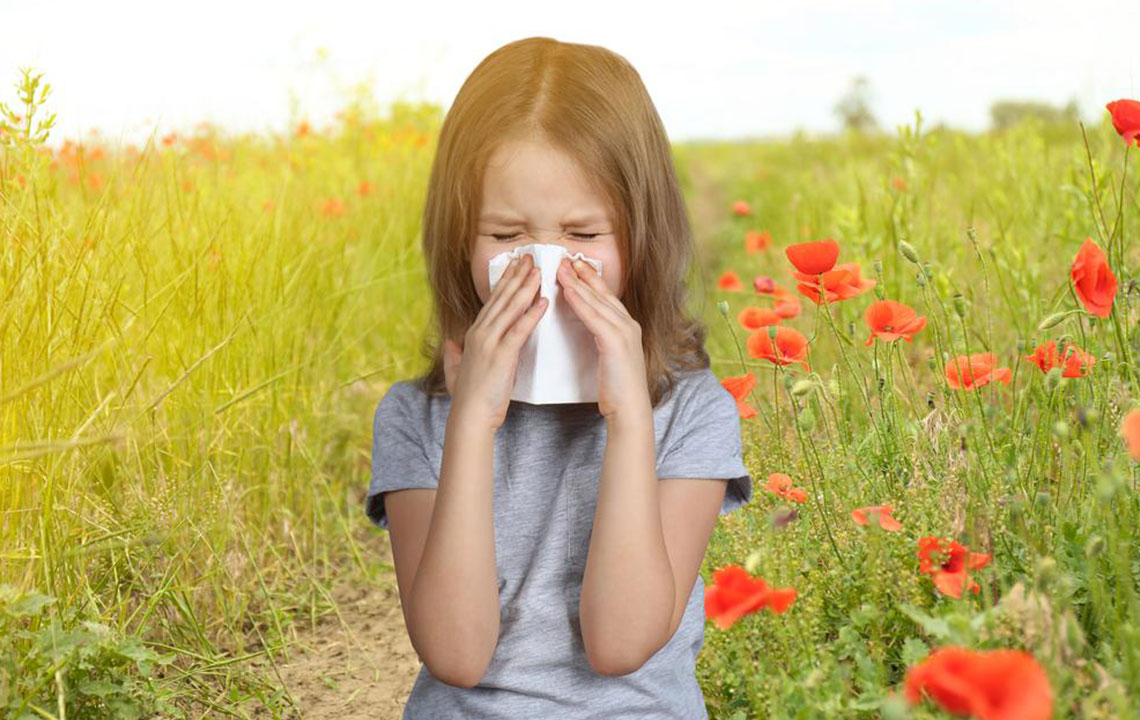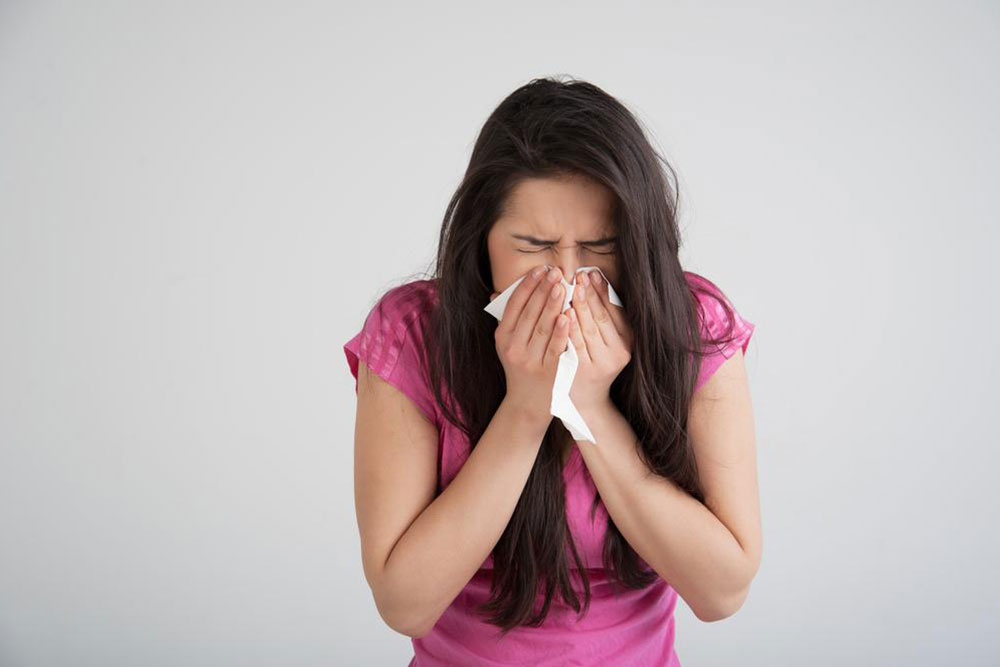Effective Solutions for Managing Seasonal Allergies
Discover effective strategies for managing seasonal allergies, including medication options like antihistamines and decongestants, combination therapies, immunotherapy, and helpful home remedies. This guide offers practical advice to alleviate allergy symptoms safely and effectively, emphasizing the importance of medical consultation and personalized treatment plans to ensure relief and prevent complications.

Effective Solutions for Managing Seasonal Allergies
Seasonal allergic reactions are common health issues that recur annually, causing symptoms like itchy eyes, runny noses, and discomfort. While avoiding allergens entirely is impossible, symptom relief is achievable through appropriate medications. Consulting a healthcare professional before starting any treatment is crucial. Over-the-counter options often provide effective relief, and some of the top seasonal allergy medications are listed below for your convenience.
Use antihistamines
Allergic responses release histamine, a chemical responsible for symptoms like sneezing and itching. Antihistamines work to block this chemical, providing quick relief. They are available mainly as oral tablets, with some nasal spray formulations. These medications help reduce symptoms such as sneezing, itching, and nasal discharge. Popular options include Cetirizine, Desloratadine, Fexofenadine, and Loratadine. Many of these have minimal sedative effects, reducing drowsiness.
Decongestants
Decongestants help clear nasal congestion, making them ideal for relieving blocked noses. However, caution is advised since prolonged use can cause side effects like increased blood pressure and urinary issues. Use decongestants only when symptoms are severe and avoid exceeding three days of continuous use to prevent rebound congestion. Nasal sprays containing oxymetazoline should be used sparingly. Always consult a doctor before using decongestants, especially if you have prostate or heart conditions. Saline rinses can also provide quick relief by flushing allergens from nasal passages.
Combination antihistamine and decongestant medications
Medications combining antihistamines and decongestants often deliver comprehensive symptom relief. Such formulas tend to be more effective than single-action drugs. Over-the-counter options like Allegra-D, Claritin-D, and Zyrtec-D include both types of ingredients, providing a multipronged approach to allergy management.
Additional treatment options
Certain drugs target specific allergens like pollen from trees, grasses, and weeds, while also addressing issues such as sinus pressure, runny nose, and watery eyes. Many of these are available without a prescription. Nasal sprays like Cromolyn can reduce allergy symptoms and are safe for frequent use, but professional guidance is recommended to prevent adverse effects.
Immunotherapy with allergy shots
When medications are insufficient, allergy shots may be advised. These involve regular injections of small allergen quantities, gradually increasing over time. This process helps retrain the immune system, reducing allergic responses and providing longer-term relief.
Home remedies for allergy relief
Complementary methods can enhance symptom management, such as nasal rinses to remove pollen, using herbal extracts, and washing clothes regularly to eliminate allergens. Removing outdoor clothing and avoiding outdoor activity during peak pollen times also helps reduce exposure.










